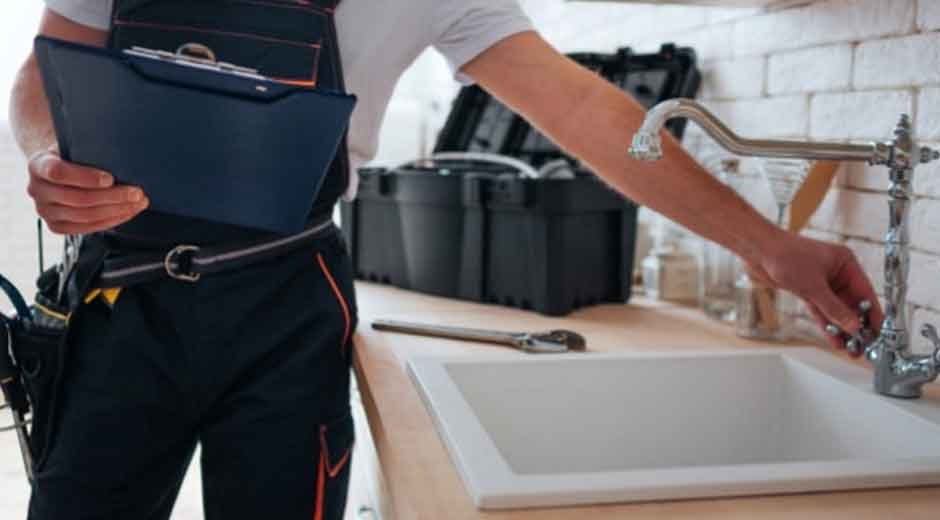Key Questions to Ask Before Hiring a Leak Detection Company
- What methods do you use for leak detection?
Not all leak detection approaches are created equal. Some companies rely on traditional methods, such as digging and physical inspection, while others utilize advanced tools, including acoustic sensors, infrared cameras, and tracer gases. Understanding the techniques a company uses is important because it directly impacts how accurate, non-invasive, and efficient the service will be. A company using modern equipment will likely locate hidden leaks without damaging your property, minimizing repair costs later.
Always ask for a clear explanation of the process, including the tools that will be used, and whether a non-destructive solution is provided. You can also inquire whether the methods they use are effective for the specific type of leak you suspect, such as one under the slab, behind walls, or in a swimming pool. Companies like American Leak Detection of Jacksonville that rely on well-maintained and up-to-date equipment typically offer more efficient and accurate diagnostics. This helps reduce unnecessary digging or guesswork, which can otherwise exacerbate the problem and increase costs.
- Do you provide detailed reporting and documentation?
Proper documentation is crucial when dealing with a leak, especially when working with an insurance company or needing to present evidence for a warranty or repair service. Ask the company whether they provide a detailed report after the detection process is complete. This should include the location of the leak, images (if available), a description of the issue, and suggestions for next steps. A thorough report shows that the company is thorough and professional in its approach.
It also allows you to keep a clear record of what was found and recommended. If further plumbing work or legal follow-up is necessary, having this documentation will be a valuable asset. Some companies offer digital reports or even live updates during the inspection, which is helpful if you’re managing the property remotely. Don’t hesitate to ask for a sample report in advance to understand the level of detail and professionalism you can expect.
- What is included in your pricing—and what’s not?
Transparent pricing is another major point to clarify. Ask whether the quote covers just the detection or includes minor repairs, a full inspection, or the service call fee. Sometimes the initial quote seems low, but unexpected charges are added after the work begins. Ask them to break down their pricing model—do they charge by the hour, by the job, or based on the size of the leak? Also, inquire if there’s a free follow-up in case the leak resurfaces shortly after the service. Understanding their policy on rechecks or additional visits can prevent unexpected expenses later. Some companies may also offer tiered packages depending on the severity or location of the leak. Ensure you understand what’s part of the base service and what would be considered extra. That way, you’re not caught off guard by costs that weren’t discussed up front. Always request a written estimate before any work starts.
- Are your technicians trained and experienced with similar properties?
Every property type presents its own set of challenges when it comes to leak detection. The equipment used for a residential home might not be suitable for a commercial complex or a pool system. Ask whether the technicians have hands-on experience with buildings like yours. Do they work frequently on properties with older plumbing systems, underground pipes, or extensive landscaping? Experience with similar properties often results in faster and more accurate detection, as well as fewer disruptions to your space. It’s also important to know whether the same technician will perform the inspection and report back to you.
Continuity can help avoid miscommunication or misunderstandings. Some companies rotate crews, so make sure you’re aware of who your point of contact will be. You can also request references or customer testimonials specific to similar property types. Gaining insight from previous customers in a similar situation helps you gauge how well the company understands your specific needs.
Choosing the right leak detection company isn’t just about finding someone to locate a leak—it’s about finding a dependable partner who understands your property’s unique requirements, communicates clearly, and offers a complete and transparent process from start to finish. Asking the right questions up front gives you the confidence to move forward without surprises. We explored key considerations before hiring, including detection methods, documentation, cost breakdowns, technician experience, repair and insurance support, and scheduling timelines. Each answer you receive provides insight into how the company operates and whether it aligns with your expectations. Taking this thoughtful approach means you’ll not only find the leak quickly but also handle it with minimal stress, preserving your property’s integrity and your peace of mind.







